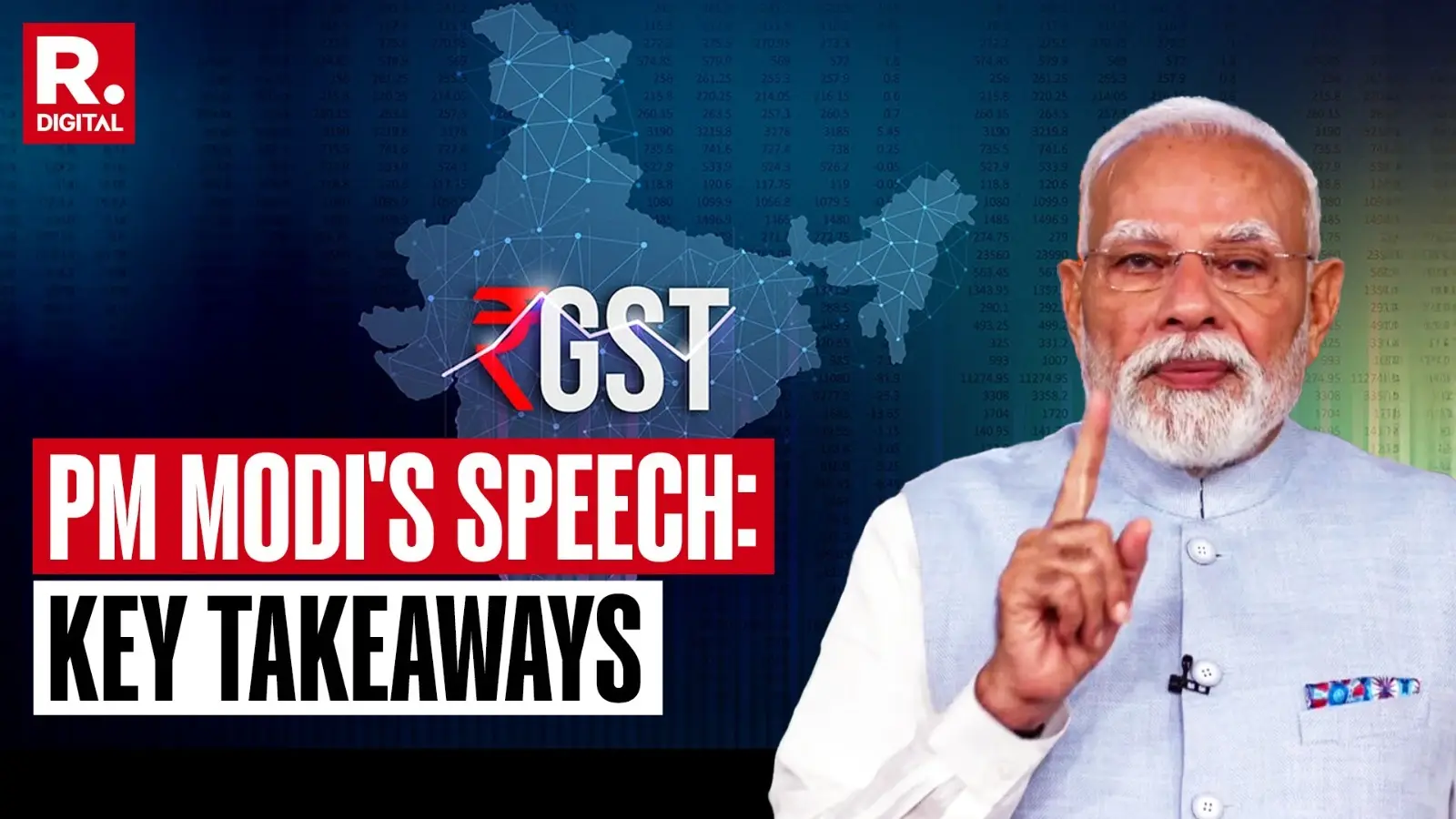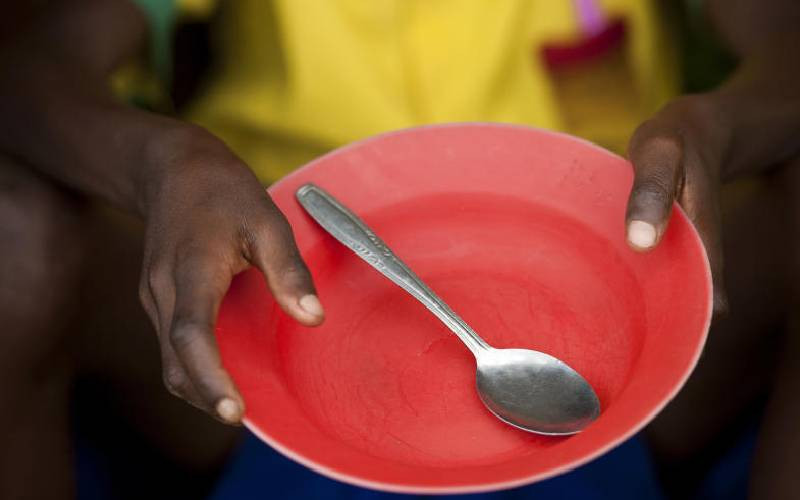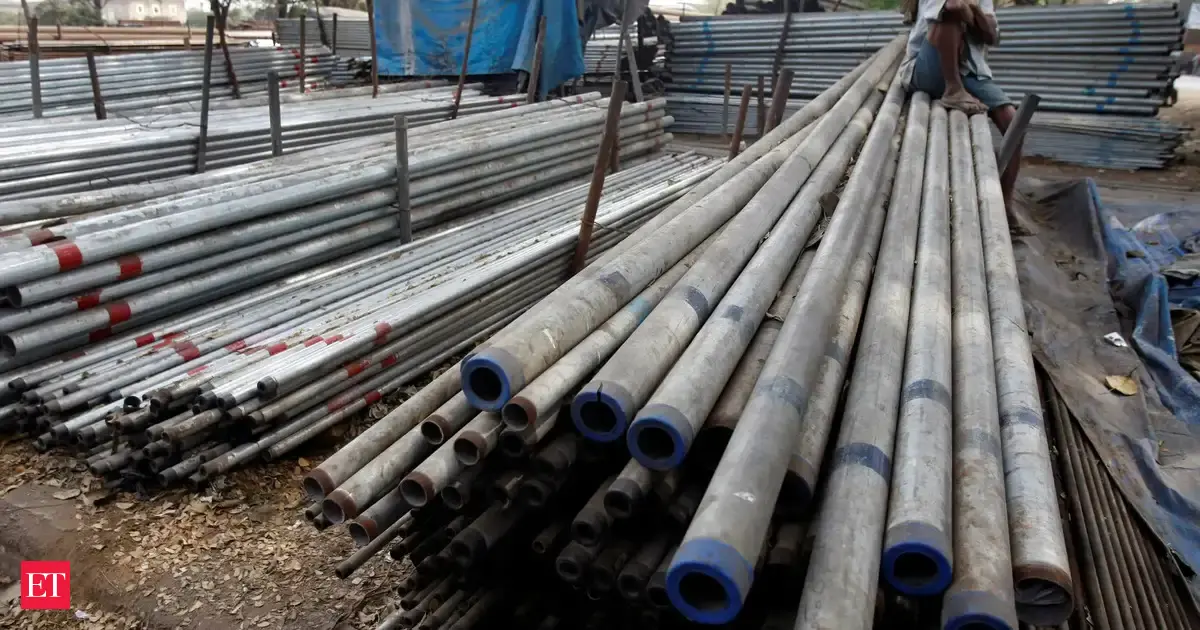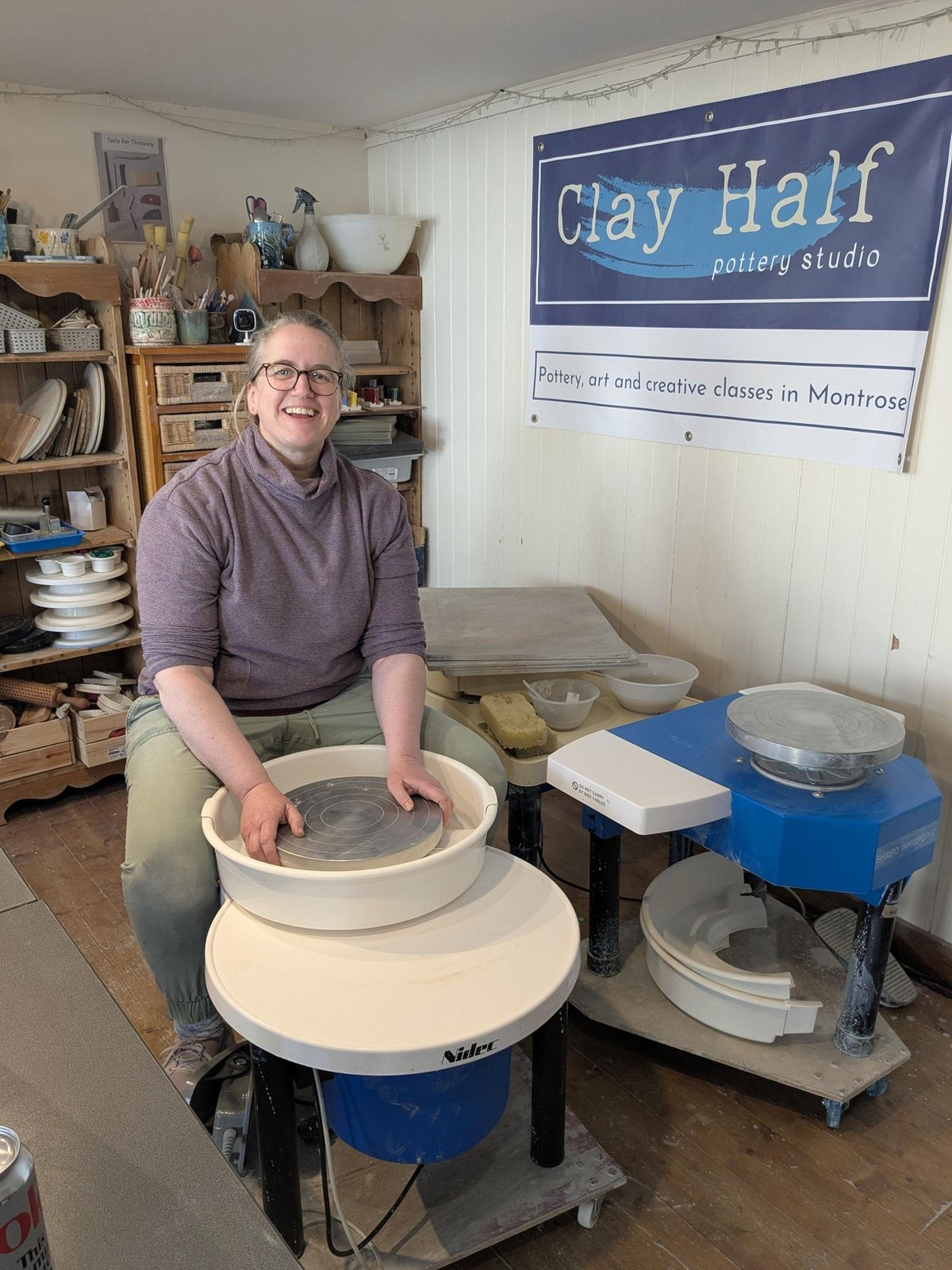By Ankita Paul
Copyright republicworld

Prime Minister Narendra Modi on Sunday announced the implementation of the next-generation Goods and Services Tax (GST) reforms from September 22, which he said will pave the way for a self-reliant or Aatmanirbhar Bharat.In his address to the nation ahead of the roll-out of what he called “GST Bachat Utsav,” PM Modi highlighted how it will accelerate economic growth, enhance ease of doing business and benefit the poor and the middle classes of the country.Emphasising the importance of the new GST reforms, effective from tomorrow, the first day of Navratri, the Prime Minister said, “From tomorrow, ‘GST Bachat Utsav’ will commence across the nation. Your savings will increase, and you will be able to buy your favorite things. ‘GST Bachat Utsav’ will benefit all sections of society.”Reflecting on the origins of GST, he said, “When you gave us the opportunity in 2014, we prioritized GST in the public and national interest. We engaged with every stakeholder, addressed every state’s concerns, and found solutions to every question. By taking all states on board, India’s largest tax reform became possible. The collective efforts of the central and state governments freed the country from the web of dozens of taxes, establishing a uniform system nationwide. The dream of ‘One Nation, One Tax’ was realized.”PM Modi further highlighted the challenges businesses faced before GST, particularly the difficulties in transporting goods due to numerous checkpoints.”When India embarked on GST reform in 2017, it marked the beginning of changing an old history and creating a new one. For decades, our people and traders were entangled in a web of various taxes—octroi, entry tax, sales tax, excise, VAT, service tax, and more. Transporting goods from one city to another required navigating countless checkpoints,” he said.”At that time, millions of companies and citizens faced daily problems due to the maze of taxes. The increased costs of transporting goods were borne by the poor and customers like you. It was essential to free the country from this situation,” he added.PM Modi recalled an incident illustrating the pre-GST complexities: “In 2014, when the country entrusted me with the responsibility of Prime Minister, a foreign newspaper published an interesting story. It described a company’s dilemma: sending goods from Bengaluru to Hyderabad, just 570 km away, was so complex that the company considered routing them through Europe. This was the situation due to the complexities of taxes and tolls.”The Prime Minister stated that the new GST reforms are designed with the country’s current needs and future aspirations in mind, particularly to benefit the poor and neo-middle classes.”In the last eleven years, 25 crore people have overcome poverty. This large group, known as the neo-middle class, is playing a significant role in the country today. They have their own aspirations and dreams. This year, the government provided relief by making income up to Rs 12 lakh tax-free, profoundly transforming the lives of the middle class with greater simplicity and convenience,” he said.”Now, the poor, neo-middle class, and middle class are receiving a double bonanza. With the reduction in GST, it will be easier for citizens to fulfill their dreams,” he added.PM Modi explained how the new GST reforms will make daily-use items more affordable.”The new system will have only 5% and 18% tax slabs. This means most everyday items will become cheaper. Food items, medicines, soap, brushes, toothpaste, health and life insurance, and many such goods and services will either be tax-free or taxed at only 5%. Of the goods previously taxed at 12%, 99% have now been moved to the 5% slab,” he said.The Prime Minister urged citizens to prioritize “Made-in-India” products to reduce reliance on foreign goods.”Today, knowingly or unknowingly, many foreign products have become part of our daily lives. We should buy products Made in India, which embody the hard work of our youth. Every home and shop should be a symbol of Swadeshi,” he said.”To achieve the goal of a developed India, we must embrace self-reliance. Our MSMEs bear a significant responsibility in making India self-reliant. We should produce what the country needs right here. The reduction in GST rates and simplification of rules will greatly benefit our MSMEs, small industries, and cottage industries. Their sales will increase, and they will pay less tax, receiving a double benefit. Just as Swadeshi strengthened India’s independence, it will also drive the country’s prosperity,” he added.Calling the GST reforms effective from September 22 the ‘GST Bachat Utsav,’ PM Modi said they will help citizens save more than Rs 2.5 lakh crore in a single year.”We are moving forward with the mantra of ‘Nagrik Devo Bhava,’ and this is reflected in the next-generation GST reforms. Combined with income tax exemptions, these decisions will save the people of India more than Rs 2.5 lakh crore in one year. That’s why I call this a savings festival,” he said.The reform in the Goods and Services Tax structure was approved during the 56th meeting of the GST Council earlier this month.The current four-rate system will now be replaced with a streamlined two-slab regime of 5 per cent and 18 per cent. While most goods and services now fall under the simplified two-slab system, luxury and sin goods, such as tobacco, pan masala, high-end motorcycles, yachts, and aerated drinks, will continue to be taxed at the special 40 per cent rate along with an additional compensation cess.This new framework is expected to ease compliance, reduce consumer prices, boost manufacturing, and support a wide range of industries, from agriculture to automobiles and from FMCG to renewable energy, and is intended to lower the cost of living, strengthen MSMEs, widen the tax base, and drive inclusive growth.



